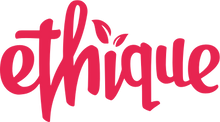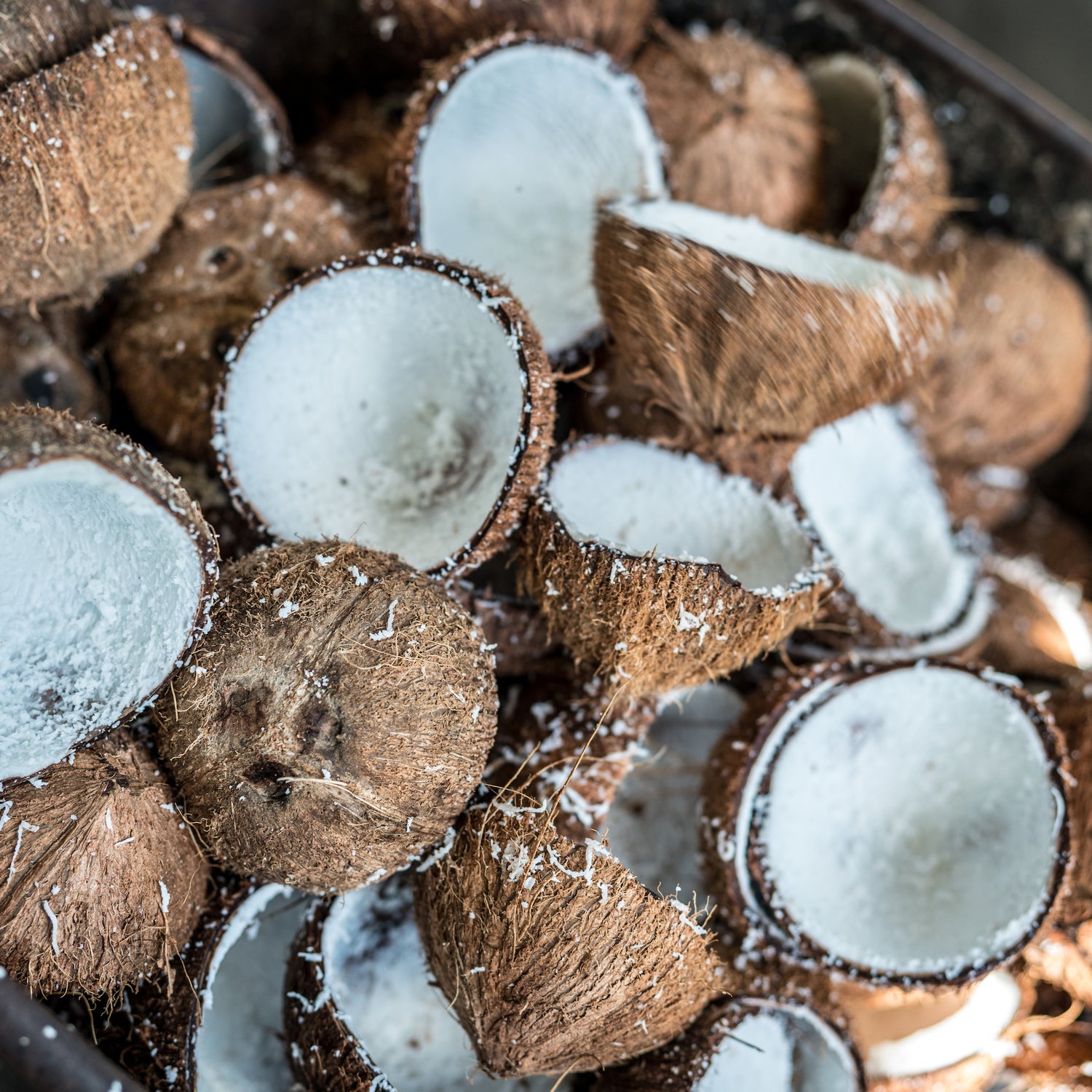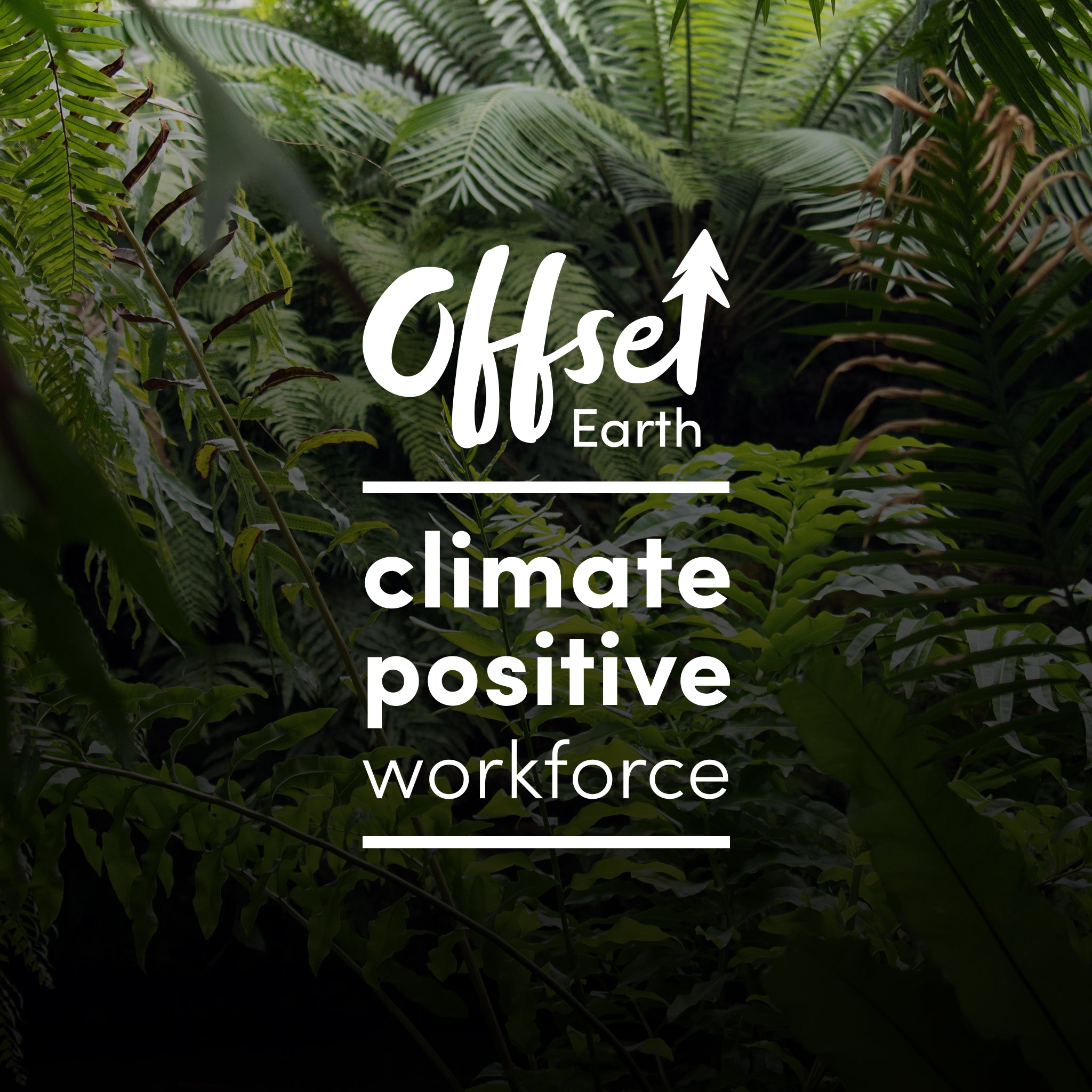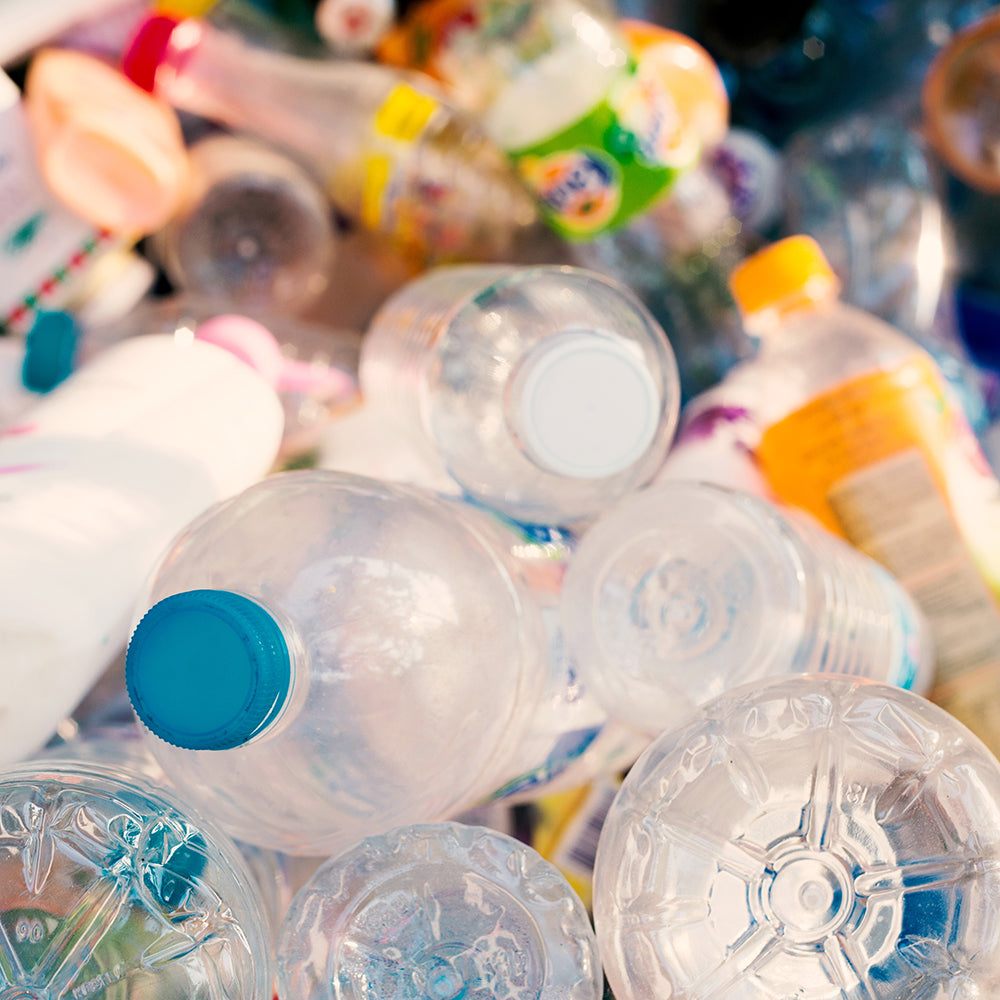Who could complain, when asked to visit Samoa to film the process of making our coconut oil? Certainly not the marketing team at Ethique! (When your boss asks you to go to a tropical island, you say yes very quickly and don’t give her a chance to change her mind!)
And so, it was a week later that we stepped off a plane into 30-degree tropics with palm trees swaying in the distance and the sound of distant waves crashing along a beach. Welcome to Samoa!

The film crew spent one night on the main island of Apia getting acquainted with island time; sunset swims and coconut drinks, before venturing out early the next morning to catch an hour-long ferry over to the island of Savai’i where filming would be taking place.
The film crew, (which was really only one guy called Chris who had 3 big bags of heavy film equipment and a drone), and I were welcomed onto the island of Savai’i by Gillian and Ono from Women in Business Development Inc (WIBDI for short).
With the beach on one side and rainforest on the other, they learned about the island and its people. WIBDI is whom Ethique works with to purchase coconut oil for products. They are based in Samoa and work across 183 villages helping to create organic agriculture businesses which supply products like coconut oil, dried bananas and coffee all over the globe.
They were lucky enough to learn about production and see it first hand when they went to visit one of the local family plantations that produced coconut oil for Ethique. And while Chris went about setting up the ultimate filming station, we gave making coconut oil a go ourselves.
A 4-step guide to organic, fair trade, virgin coconut oil from the islands of Samoa

There are between 4 to 6 families on Savai’i alone that produce coconut oil for export and WIBDI has helped to facilitate all of these. They work with families, teaching them about the process, helping to purchase the equipment and set up the resources and support needed to help the business succeed.
The coconut oil that we purchase is fair trade meaning producers receive a fair value for the product they are selling. This helps families pay for household expenses like electricity and food and also leads to better education, healthcare and community support.
During filming, we asked one of the young boys of the family to tell us a little bit about how their coconut oil business had changed things for their family. And you could see the pride in his eyes when he said that the coconut that had been planted by his great-grandparents was now being used to create coconut oil and open up many opportunities for him and his family.

|
Lefu's family who produces the coconut oil
|
Lefu Peni, member of WIBDI
|
Aside from her excessive consumption of coconuts and taro chips on this trip, one thing she found certain: when you purchase an Ethique bar, you are not only supporting a product that is plastic free, vegan and palm free; you are also supporting fair trade businesses and families in Samoa.
Beyond the filming and coconuts, we had the privilege of being welcomed with open arms and learn more about Samoan Culture. We experienced countless locals offering to carry our gear, share stories of their families, sing welcome songs, and even pick up rubbish on a deserted beach. We truly had an exceptional time, and could not be prouder of the role Ethique has in helping to support producers.
Samoa we'll definitely be back.
We’d like to give a BIG thank you to the team at WIBDI including Adi, Gillian and Ono, and Lefu and his family including Fa’amati, Naito, Peni and Sean, and everyone else who showed us nothing but kindness and generosity during our time in Samoa.




